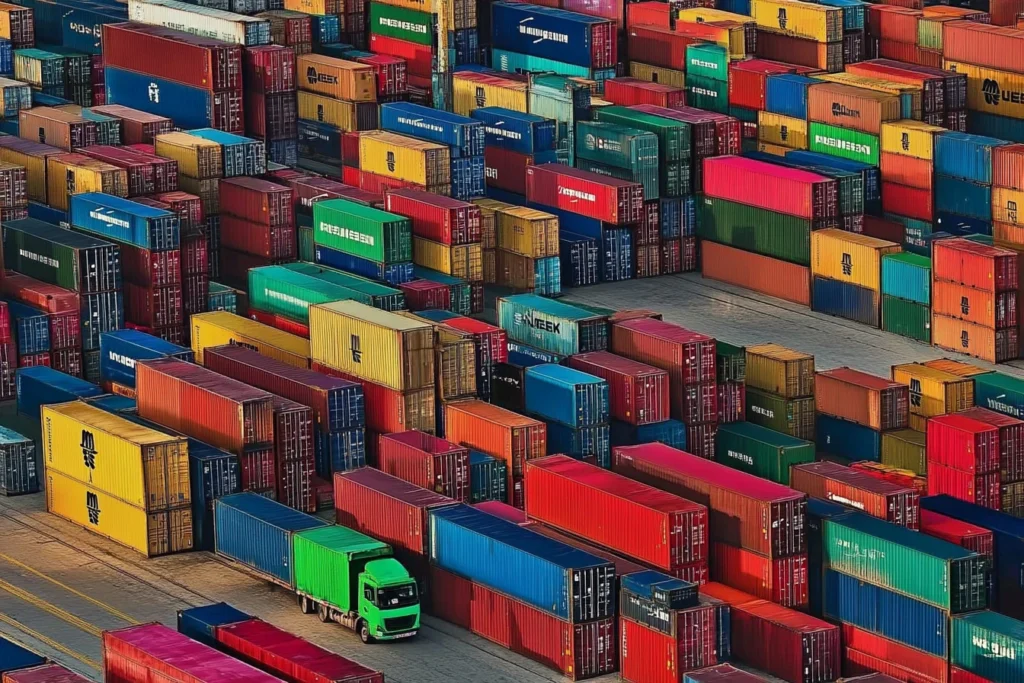The Impact of Tariffs on the Insurance Industry: Insights from AM Best
One of the biggest things that we talked about in conversations past again kind have been around this economic landscape has to do with tariff impacts on different industries and specifically I think insurance. Credit rating agency AM Best added its voice to the debate with some timely thoughts, suggesting in particular that tariffs could be a threat both operationally and financially as well.
Basics of Tariff Structure
Tariffs are taxes that the government places on imported products (or sometimes services) to protect domestic industry from foreign competition. Despite the impact being beneficial for some areas and spurring industrial companies to handle more locally, there are unintended consequences that spread through other business sectors, insurance included.
AM Best’s Analysis
AM Best notes that the implications of tariffs on the insurance industry are multi-faceted. Exporters to Spain and Italy will also be forced (not unsurprisingly to reduce the costs) too pay higher tariffs, which at other end being passed on by insurers because their need of profitability must become a survival reality in its own right. Overall, this financial pressure on businesses might in turn prompt them to reassess their insurance requirements including possibly scaling back or cancelling coverage.
Tariff policies also pose an additional risk to market stability by introducing economic uncertainty Surprise is an enemy of insurers and uncertainty can breeds insecurity in investor interest as well policyholders. An unstable market would weaken insurance demand and make recovery that much more difficult for a battered industry, AM Best has warned.
Broader Economic Implications
But the changes wrought by trade tariffs will be felt in corners of economy far broader than just insurance. With the sharp fall in business activity, you are faced with higher rates of claims arising out of companies struggling to keep operations running. Together with broader premium increases an elevated burden of claims have the potential to represent a threat to general insurers profitability, and consequently result in a less favourable capacity for security within the insurance market.
AM Best also cautions insurers that a reexamination of their investment strategies may be in order. With more uncertainty, they may choose to reduce investments in their traditional ‘safe’ return avenues and play it safer still.
Conclusion
The insurance industry will need to manage through an increasingly complex global economic landscape created by trade policies. Recent comments from AM Best emphasize that insurers will have to respond quickly as demand and pricing structures change in an uncertain tariff environment. A lot will be riding on insurers’ ability to manage the unexpected in order to maintain equilibrium and quickly meet policyholders evolving demands.
In short, while tariffs could meet economically useful functions in some sense or another they carry with them many of negative economic consequences and effects for the insurance sector. Stakeholders need to work together in order to help reduce the risks and secure a sustainable future for this vital sector.




